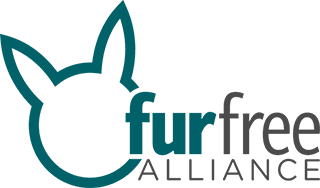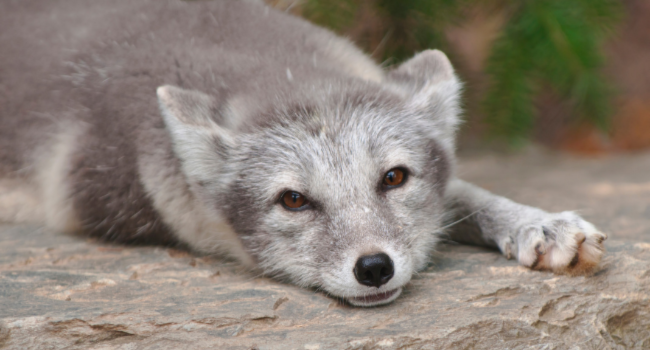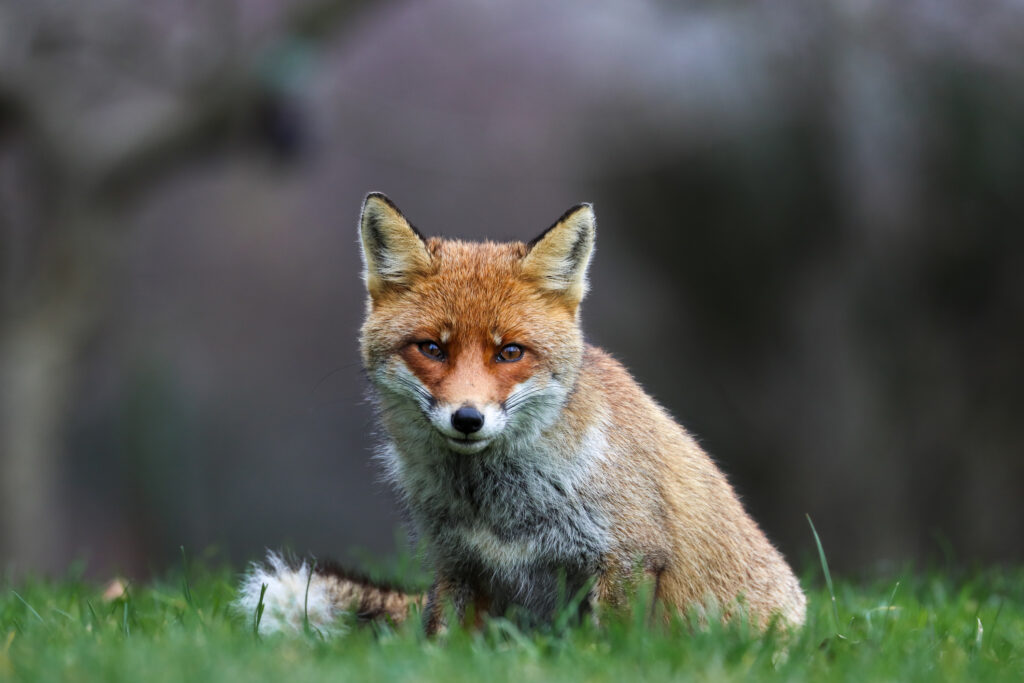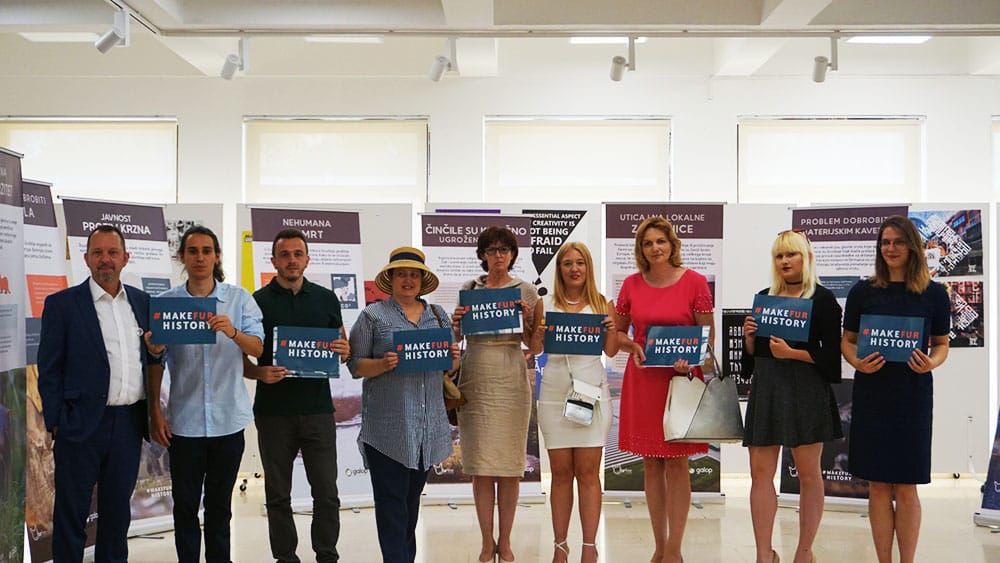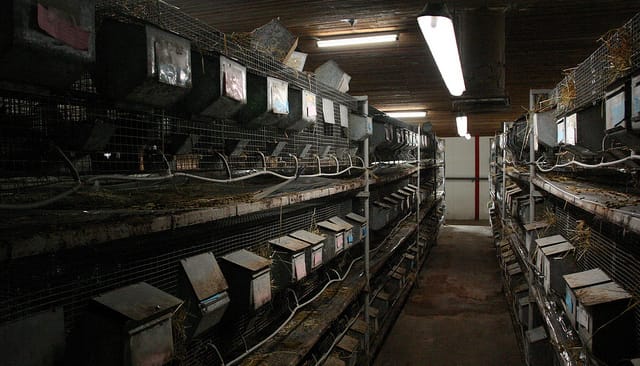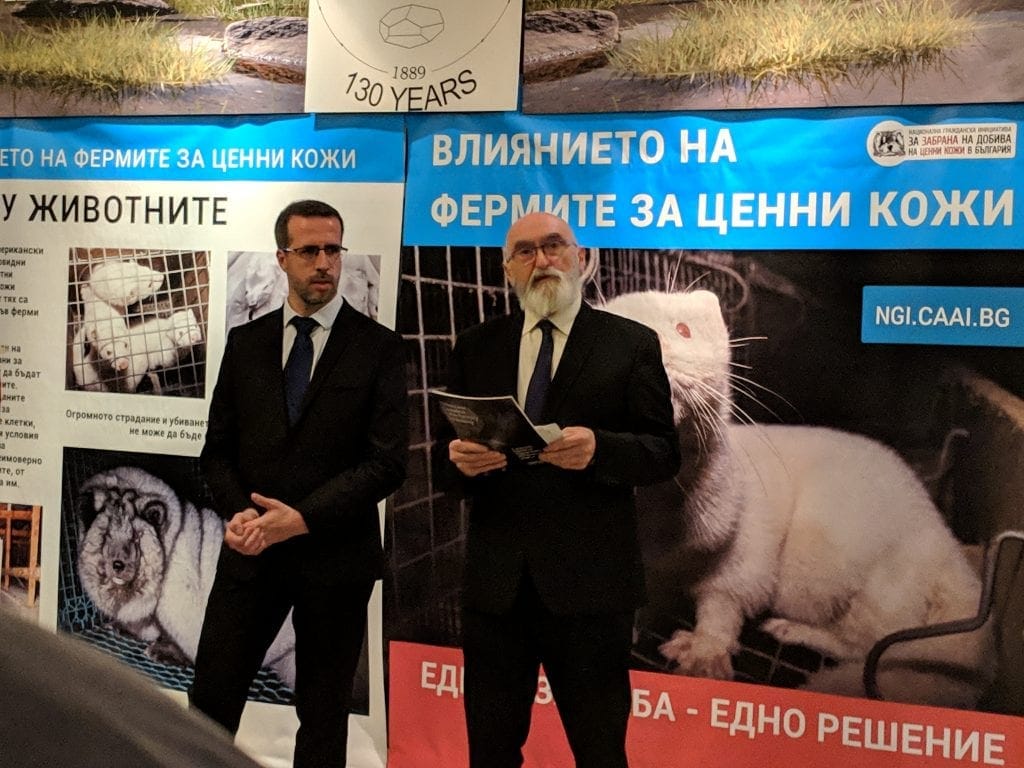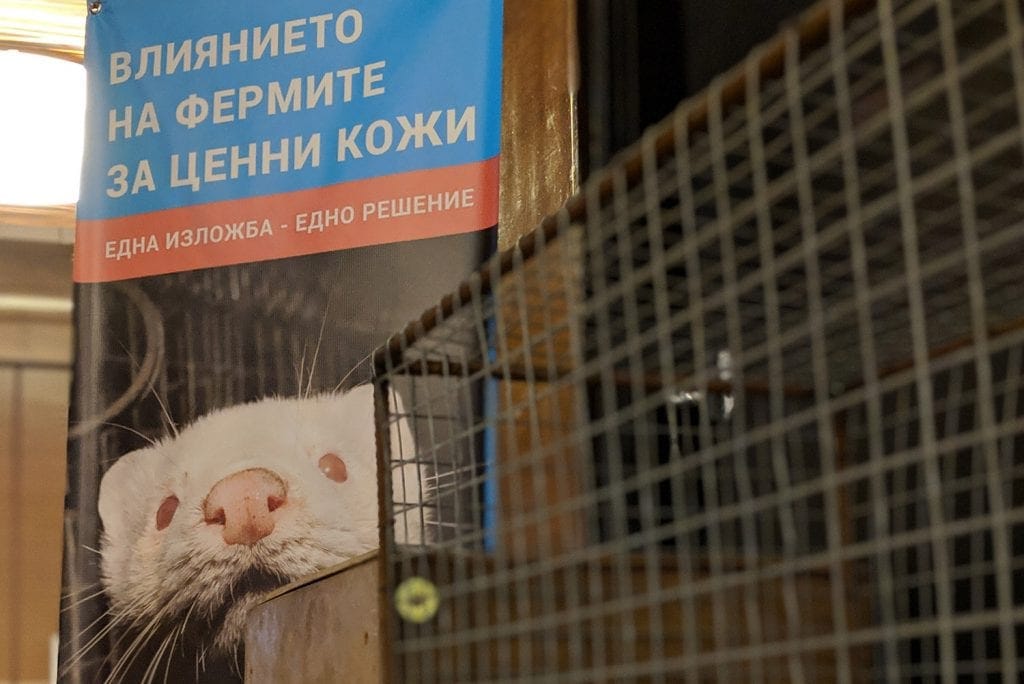16 JANUARY 2026 - As we start the new year, we’re reflecting on some of the incredible progress made in 2025 toward ending fur cruelty. With your support, more governments took steps to shut down cruel fur farms, and more fashion brands chose to go fur-free, sparing millions of animals from confinement and suffering.
Globally, our fight to end the fur trade continued to gain ground on both the legislative and corporate fronts. In 2025, we moved closer to a fur ban in the European Union, initiatives to reject fur advanced across North America, and a growing number of fashion leaders in China and around the world signed our fur-free commitment.
Poland made history by ending the world’s second-largest fur industry, sending a clear message that fur cruelty has no place in Europe. Years of persistent campaigning led to further policy wins, as Sweden shut down its last remaining fur farms, Switzerland advanced toward banning fur imports, and Bulgaria celebrated a permanent end to mink fur farming.
At the EU level, the case for a fur ban kept gaining strength. New biodiversity restrictions on keeping American mink, a landmark opinion by the European Food Safety Authority (EFSA), and new economic research co-commissioned by the Fur Free Alliance all underline why the fur trade is increasingly untenable.
The move away from fur picked up speed in fashion, with major steps from New York Fashion Week and top publishers behind Vogue, Glamour, Harper’s Bazaar, and Cosmopolitan pledging to stop promoting real fur.
Thanks to our joint Fur Free Retailer Program, more than 30 brands, including renowned luxury designers, permanently ditched animal fur. At the same time, our global campaign generated over 200,000 messages calling on Woolrich to go fur-free—and pressure continues to build, with major plans ahead in 2026.
None of this would have been possible without the dedication of our supporters and the tireless efforts of Fur Free Alliance advocates working together across borders. As long as animals suffer on cruel fur farms, our work is far from over. Thank you for standing with animals and helping move the world closer to a fur-free future.
